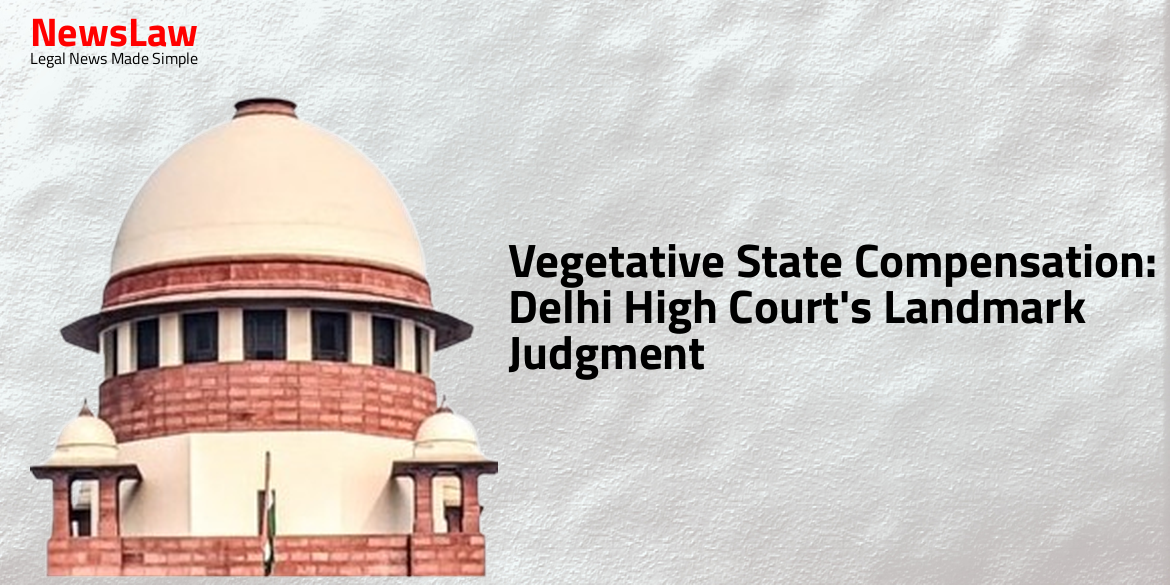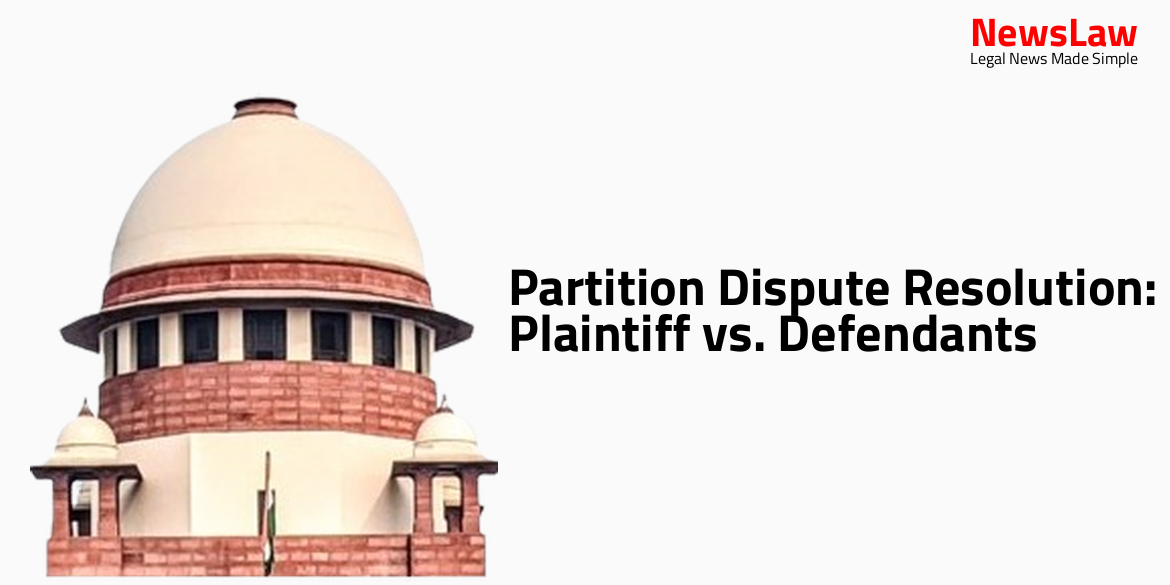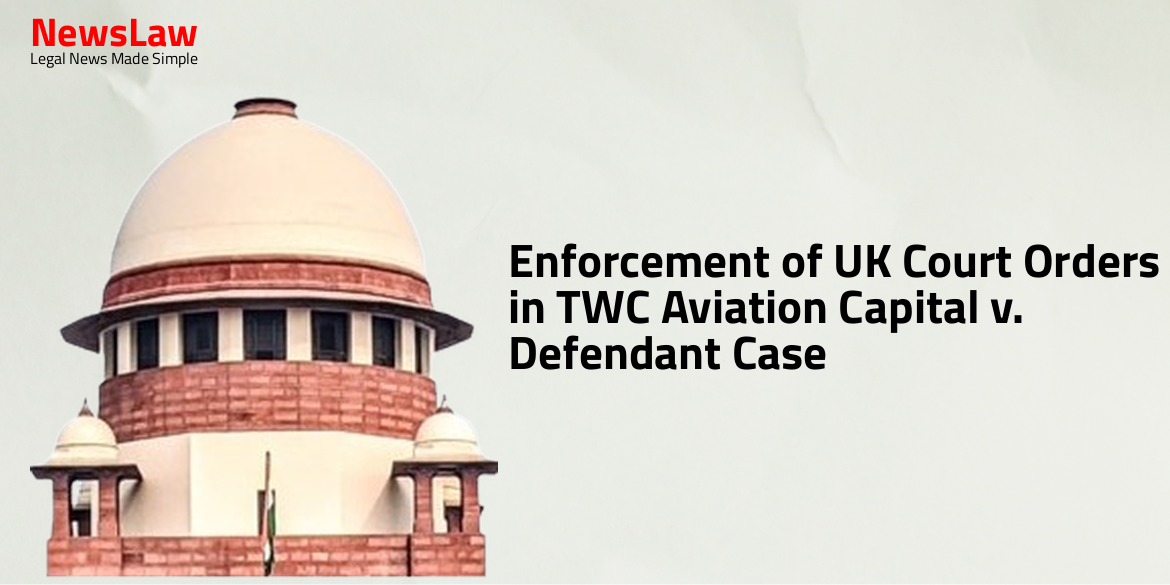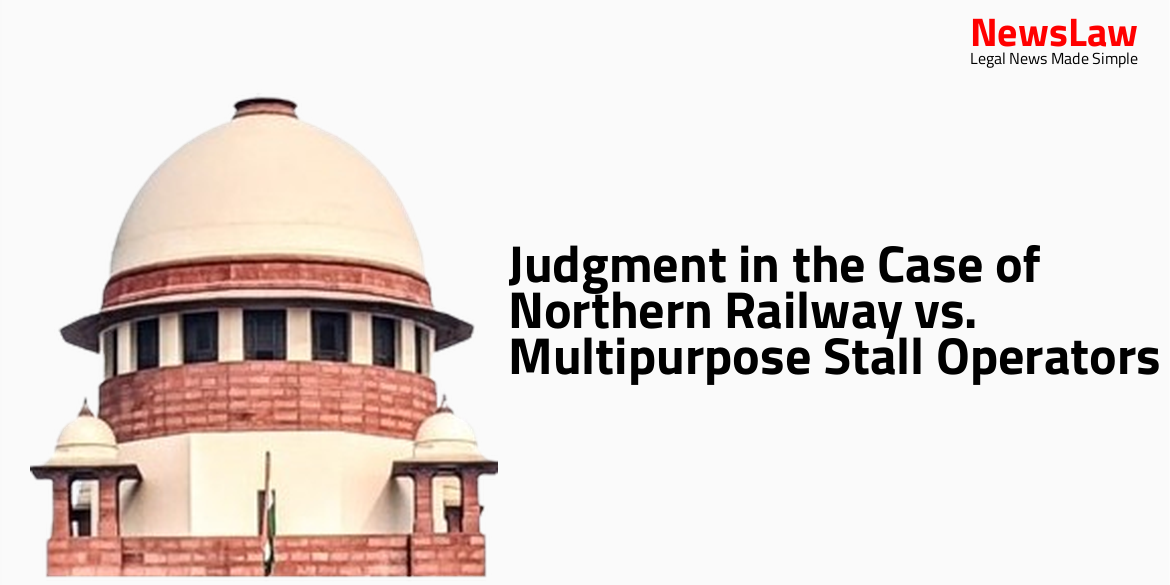In a significant ruling by the Delhi High Court, a case concerning a 19-year-old student in a vegetative state has been decided. The judgment covers various aspects of compensation, including future treatment, loss of income, and attendant charges. This case sets a precedent for similar situations, shedding light on legal aspects surrounding such unfortunate incidents.
Facts
- The offending vehicle was insured with United India Insurance Co. Ltd. at the time of the accident.
- The appellant was a 19-year-old student at Delhi University at the time of the accident.
- The offending vehicle was insured for third party risks.
- The appellant suffered a 100% Permanent Locomotor Disability and has been in a vegetative state since the accident.
- The accident occurred when the appellant’s motorcycle was hit by the offending vehicle driven by the respondent in a rash and negligent manner.
- The appellant sustained multiple grievous injuries and has been under prolonged medical treatment since the accident.
- The appellant claims that the accident resulted from the respondent’s negligence and not his own fault.
- The Hon’ble Delhi High Court, in the case of Pritam Singh (Supra), awarded Rs. 5,00,000/- towards future treatment for a patient in a persistent vegetative state with 100% permanent disability.
- Based on the nature of injuries suffered by the petitioner in this case and their aftermath, Rs. 5,00,000/- have been granted for future treatment.
- Following the precedent set by the Pritam Singh case, the compensation for attendant charges has been calculated to be Rs. 15,67,000/-.
Issue
- Ascertainment of the effect of permanent disability on earning capacity involves three steps.
- First, determine activities claimant can still do and those they cannot do due to disability.
- Second, consider claimant’s avocation, profession, nature of work before accident, and age.
Arguments
- The appellant/claimant-injured argues that the Tribunal should have considered the revision of minimum wages happening twice a year to apply a cost neutralization factor.
- The appellant/claimant-injured has 100% permanent future medical expenses due to head injuries resulting in altered sensorium as per the disability certificate.
- Dr. S. Bhaskar from Dr. RML hospital confirmed the petitioner’s head injury, permanent vegetative state, and permanent disability that was not likely to improve.
- The appellant/claimant-injured believes the compensation awarded for attendant charges is inadequate.
- The appellant/claimant-injured asserts that the compensation granted does not reflect the 100% Permanent Locomotor Disability suffered in the accident.
- Appellant/Claimant-injured requires an automatic wheelchair along with regular upgradation, replacement, and repairs.
- The appellant/claimant-injured seeks an enhancement of compensation totaling Rs. 50,22,152/-.
- The learned Tribunal miscalculated expenses towards attendant by using minimum wages for an ‘unskilled workman’.
- The appellant/claimant-injured has suffered head injuries resulting in 100% disability and permanent vegetative state as per medical evidence.
- The medical expenses for the appellant/claimant-injured are estimated to be Rs. 8,172/- per month throughout life, totaling Rs. 17,65,152/-.
- The Delhi High Court in a similar case granted Rs. 2,00,000/- for Pain & Suffering due to similar circumstances.
Analysis
- The Delhi High Court referred to the case of Pritam Singh where Rs. 1,00,000/- was granted under a specific head as precedent.
- A lump sum of Rs. 1,00,000/- was granted to the petitioner under the same head.
- In a similar case, the Delhi High Court granted Rs. 1,50,000/- for loss of life expectancy.
- The income of the deceased should be established by deducting the tax component.
- Multiplier should be based on the age of the deceased for calculation purposes.
- Income should have an addition of 50% for those below 40 years with permanent jobs.
- For ages between 40-50 years, the addition should be 30% towards income calculation.
- Future prospects must be considered for just compensation as per legal precedents.
- A 40% addition to established income is granted to self-employed individuals below the age of 40.
- The monthly income of the petitioner was calculated to be Rs. 12,339/- before the accident.
- The age multiplier of ’18’ is applied based on the age of the petitioner.
- Compensation assessed for loss of earning capacity is Rs. 26,65,224/-.
- For self-employed or fixed salary individuals below 40 years, an addition of 40% to established income is warranted.
- The law on future prospects for self-employed individuals is awaiting clarification by a larger bench.
- In cases where the deceased was between 50 to 60 years old, a 15% addition to income should be considered.
- The ruling in the case of National Insurance Company Limited vs Pranay Sethi clarified various aspects related to compensation calculations.
- The minimum wages of an unskilled worker at the time of the accident in 2012 was Rs. 7254.
- The father of the petitioner had hired an attendant named Sh. Hira Lal and had paid him Rs. 3,44,000 until 20.12.2016.
- The petitioner suffered head injuries resulting in 100% disability based on the disability certificate.
- Future medical expenses need to be enhanced to Rs. 10,80,000 assuming Rs. 5,000 per month for treatment.
- Compensation for special diet and conveyance charges increased to Rs. 2,50,000 due to the petitioner being bedridden.
- Attendant charges during treatment and future charges are upheld.
- Income of the petitioner assessed at Rs. 8814 per month based on minimum wages of a matriculate worker.
- The overall compensation awarded to the petitioner amounts to Rs. 66,00,000.
- Interest of 9% per annum is awarded on the compensation amount.
- The petitioner’s permanent disability and inability to pursue studies or work justifies an increase in compensation amount.
- Various heads of compensation like pain and suffering, loss of amenities, loss of expectancy of life, and loss of earning capacity are discussed and awarded.
- The petitioner’s condition being in a permanent vegetative state is factored into the determination of compensation.
- The need for attendant charges throughout the petitioner’s life is recognized based on the permanent disability.
- Concerns about the petitioner’s future and ongoing medical expenses are addressed in the determination of compensation.
- Witness testimonies, receipts for attendant charges, and medical bills play a role in determining the compensation amounts.
- The court considers the petitioner’s future prospects and the necessity of ongoing care in determining the compensation.
- Observations made by the Supreme Court in Benson Geroge case support the view of the Court.
- The injured claimant in Benson Geroge was a 29-year-old person rendered comatose due to accident injuries.
Decision
- Total compensation awarded: Rs. 95,28,979/-
- Breakdown of compensation awarded for various heads
- – Medicines and treatment: Rs. 13,16,755/-
- – Future Treatment: Rs. 10,80,000/-
- – Loss of income/earning power: Rs. 26,65,224/-
- – Loss of Amenities: Rs. 10,00,000/-
- – Loss of Expectancy of life: Rs. 1,50,000/-
- – Loss of Marriage Prospects: Rs. 5,00,000/-
- – Pain and Suffering: Rs. 10,00,000/-
- – Attendant Charges (During Treatment & Future): Rs. 15,67,000/-
- – Special diet and Conveyance: Rs. 2,50,000/-
- Direction to insurance company to deposit the compensation amount with interest
- Penal interest of 12% to be paid if deadline is missed
- Appeal allowed and judgment modified to award total compensation to the injured party
- Statutory deposit amount of Rs. 25,000/- forfeited
Case Title: JAGJOT SINGH Vs. OM PRAKASH & ANR (2024:DHC:3662)
Case Number: MAC.APP.-277/2019



